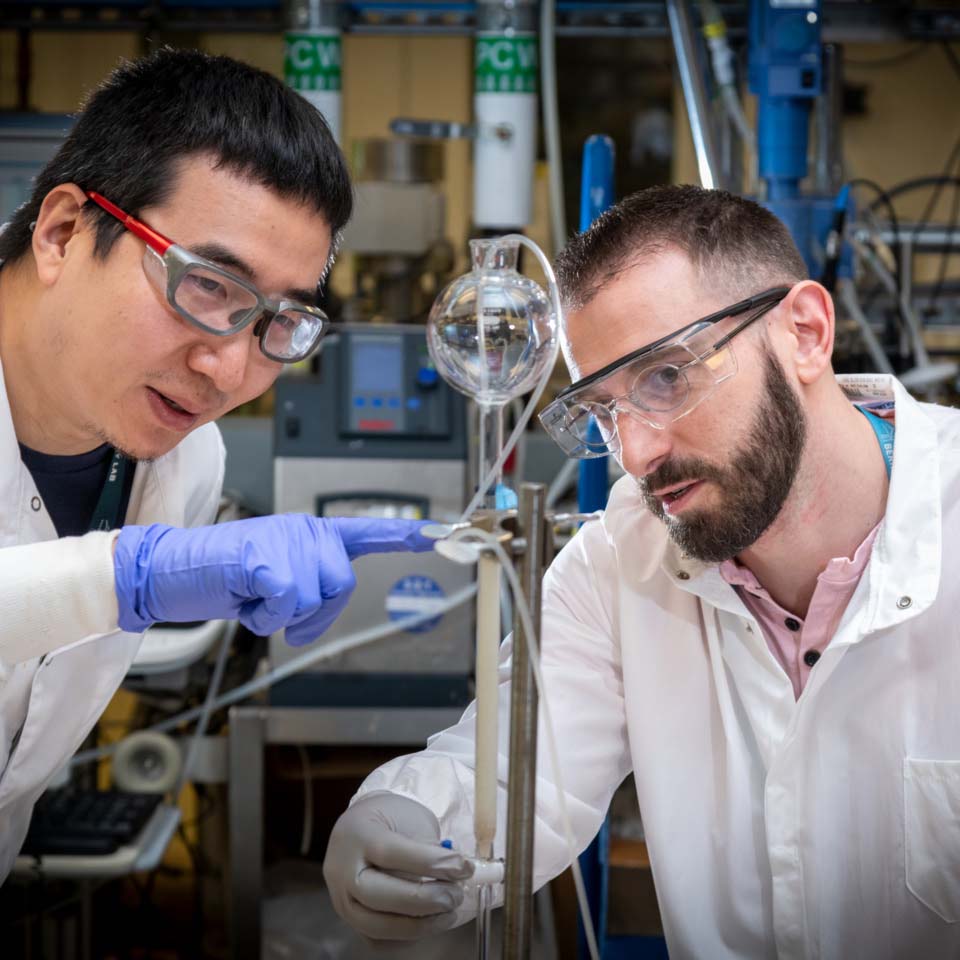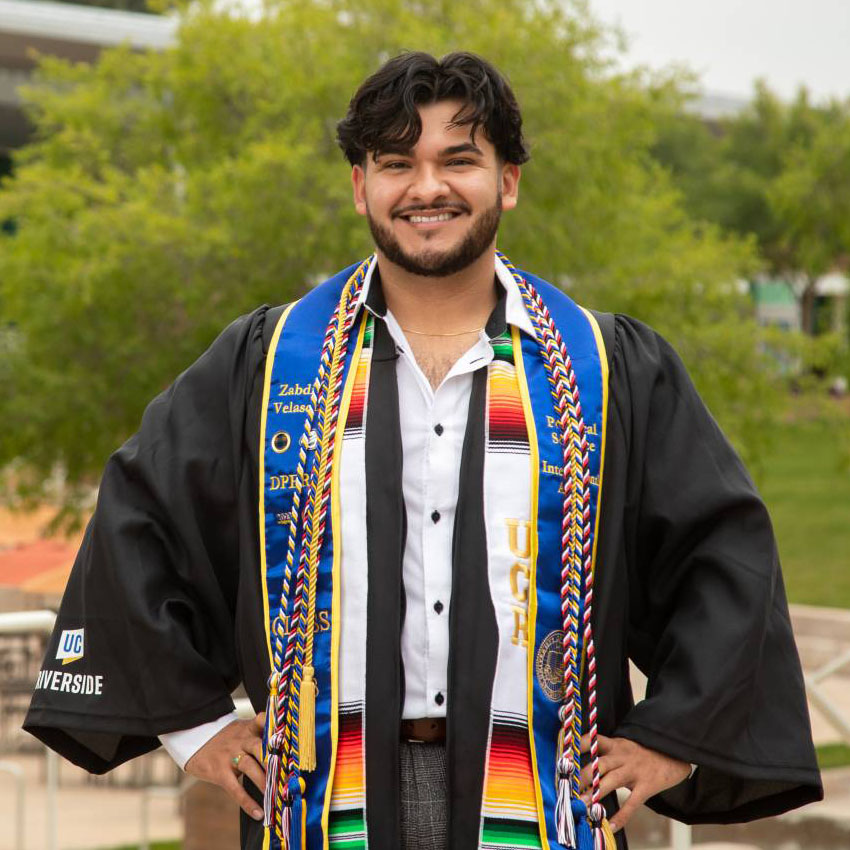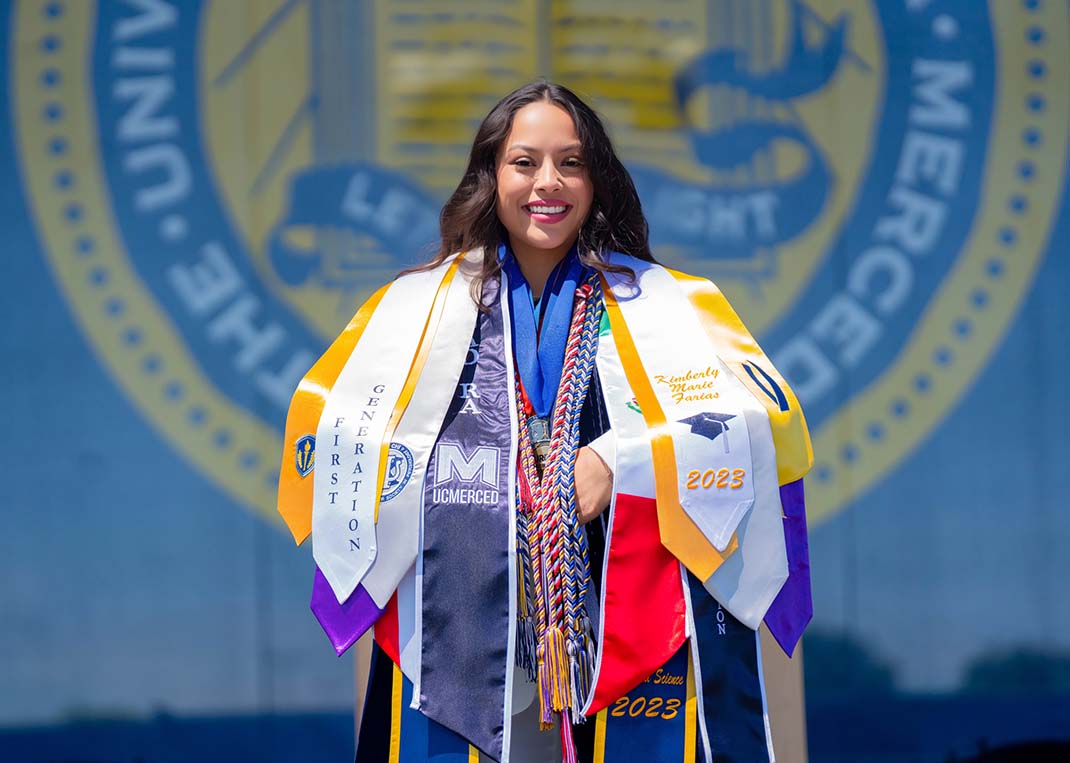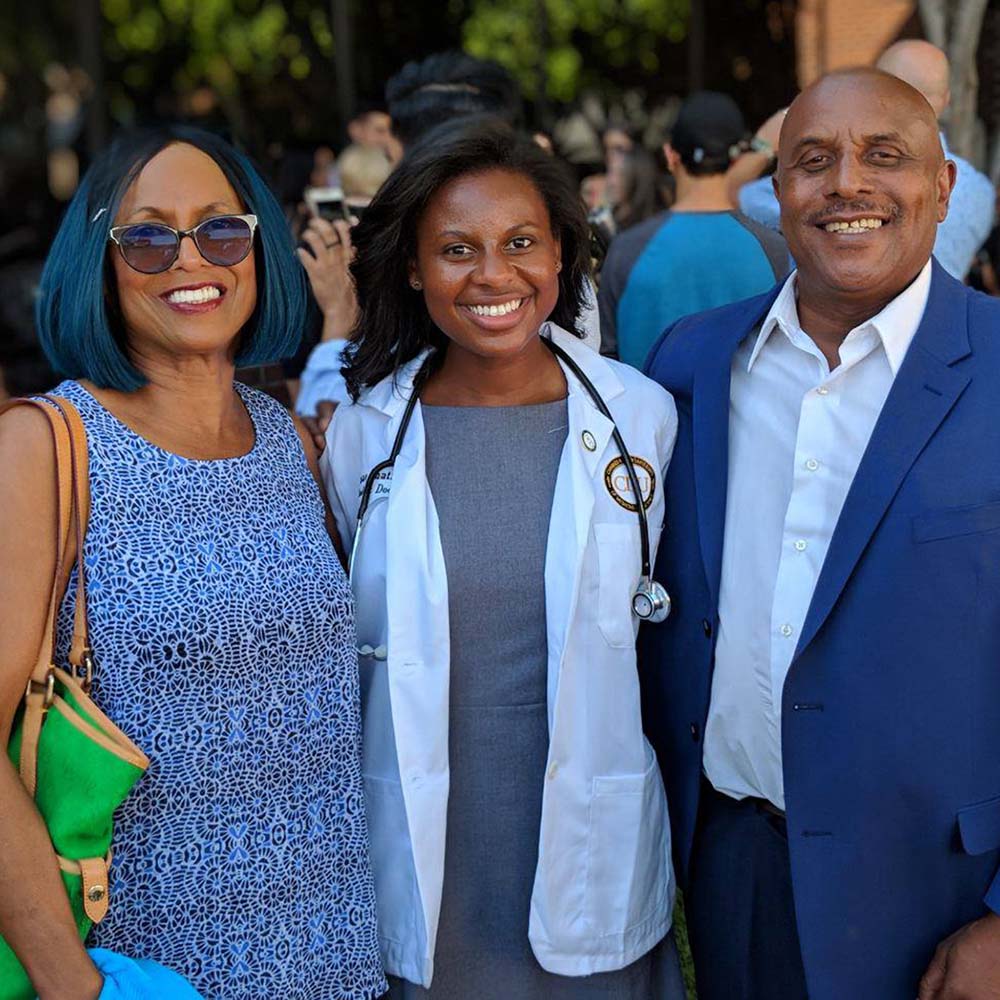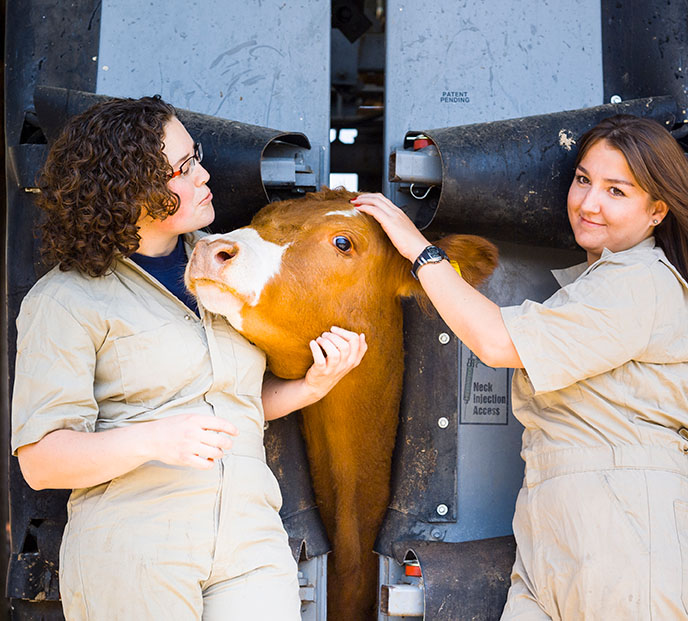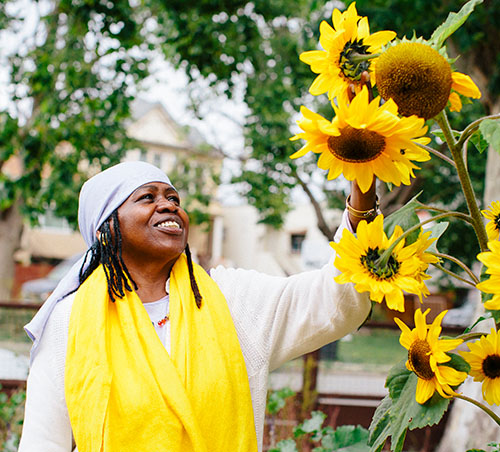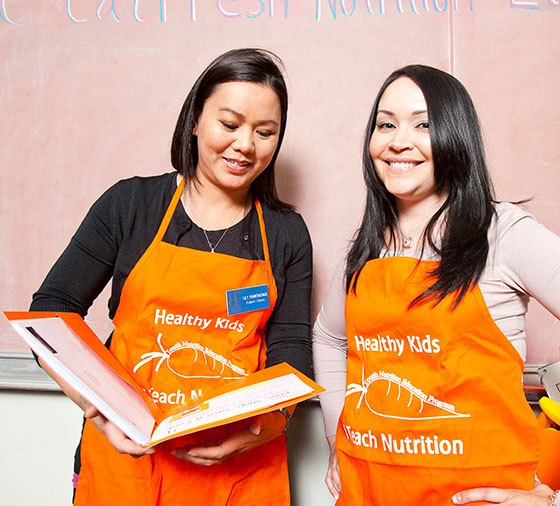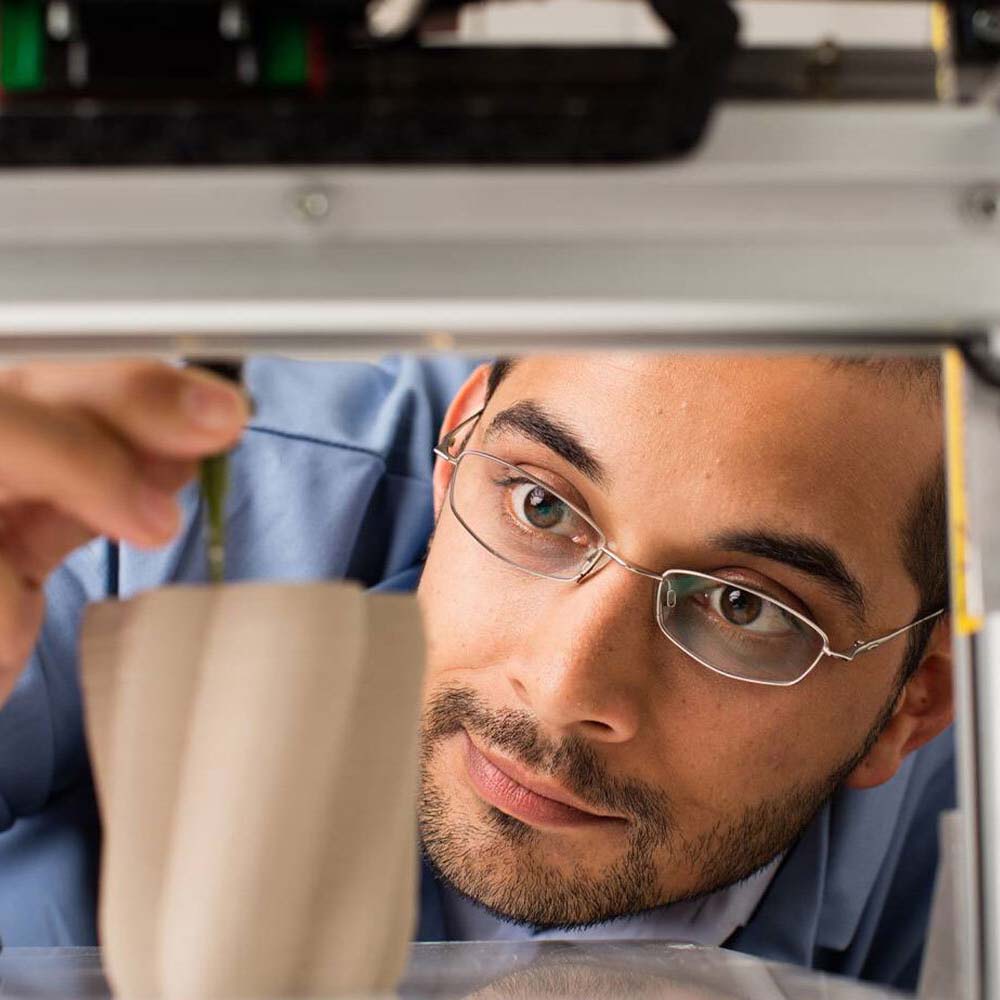First-gen students lead the way in the Class of 2023
“What surprised me most about my experience here was just how everything worked out,” laughs Zabdi Velásquez, looking back on his two years at UC Riverside. Velásquez grew up in the small desert city of Brawley in California’s Imperial Valley, just south of the Salton Sea. “Neither of my parents completed what’s equivalent to middle school back in Mexico. So when they immigrated to the United States, they instilled in me the importance of getting an education.”
For Velásquez, higher education was a primary goal from a young age. He began at his local community college, with his sights on eventually transferring to a university and attending graduate school. “I faced a lot of obstacles growing up and being first-gen and low income, the COVID pandemic,” says Velásquez. “Coming out of that and transferring here — I’ve been incredibly lucky with all the opportunities I’ve had.”
When Velásquez enrolled in Kim Yi Dionne’s Ethnic Politics in Comparative Perspective course, he not only loved the class, but also found a mentor in professor Dionne. At the end of the quarter, she asked him to join the Dionne Publicly Engaged Research Lab. The lab brought more opportunities — publishing a paper in a peer-reviewed scholarly journal, for instance — along with a supportive community of other first-gen, low-income and minority students.
Velásquez likes to call the community of family, faculty and students who cheered him through UC Riverside “my little village.” The support of this network was instrumental not only in navigating classes, financial aid and research opportunities, but also in dealing with transfer shock and impostor syndrome, which are commonly experienced by first-generation and transfer students. “I’m incredibly blessed to say this, but now I actually coach other kids,” he reflects. “I do presentations with incoming transfer students to guide them through the process. Giving back what you received — it’s awesome.”
With encouragement from professor Dionne, Velásquez applied to graduate school. This fall, he’ll start work on a Ph.D. in political science at UCLA, where he was awarded the prestigious Eugene V. Cota-Robles Fellowship and selected for the Competitive Edge Summer Bridge Program, a six-week intensive for newly admitted doctoral students from underrepresented backgrounds. He plans to study how the global resource extraction industry impacts local communities, like the lithium “gold rush” unfolding near his hometown. And thanks to UC’s generous financial aid package for low-income students, he’ll be starting his new journey debt-free. His ultimate goal: to become a professor and help other students, just as he was helped.
Stand with UC
The UC Advocacy Network is a powerful force that is more than 50,000 voices strong, fighting for the issues that matter most to our UC community. Join us and we can shape the way things work for people in UC, California and beyond.
